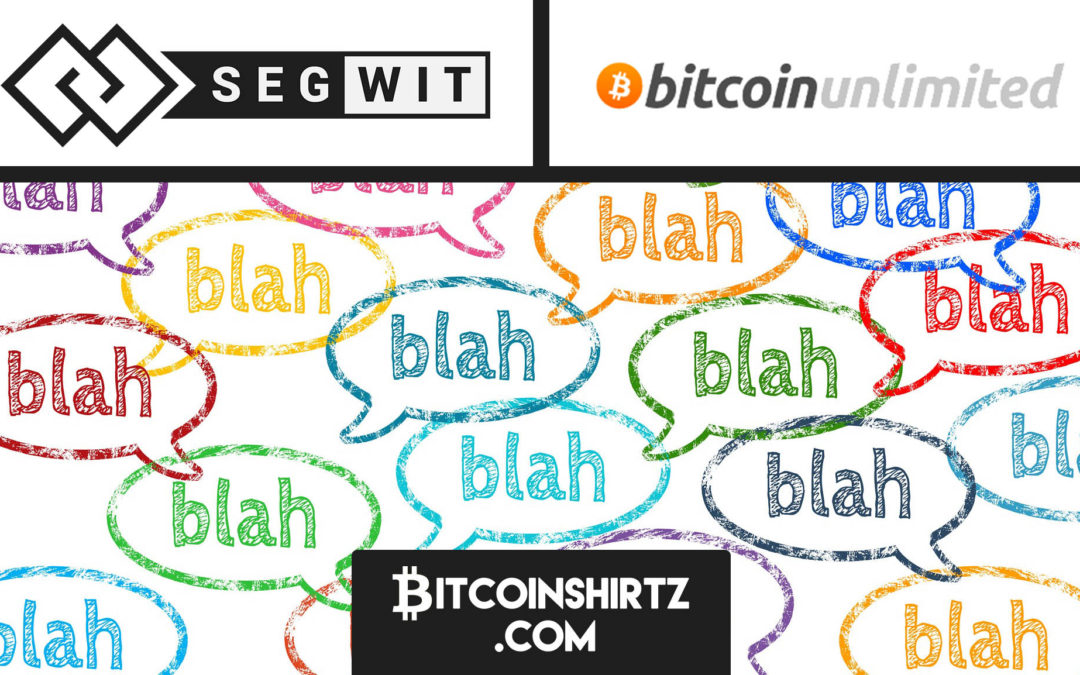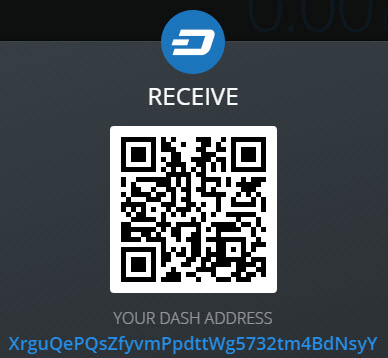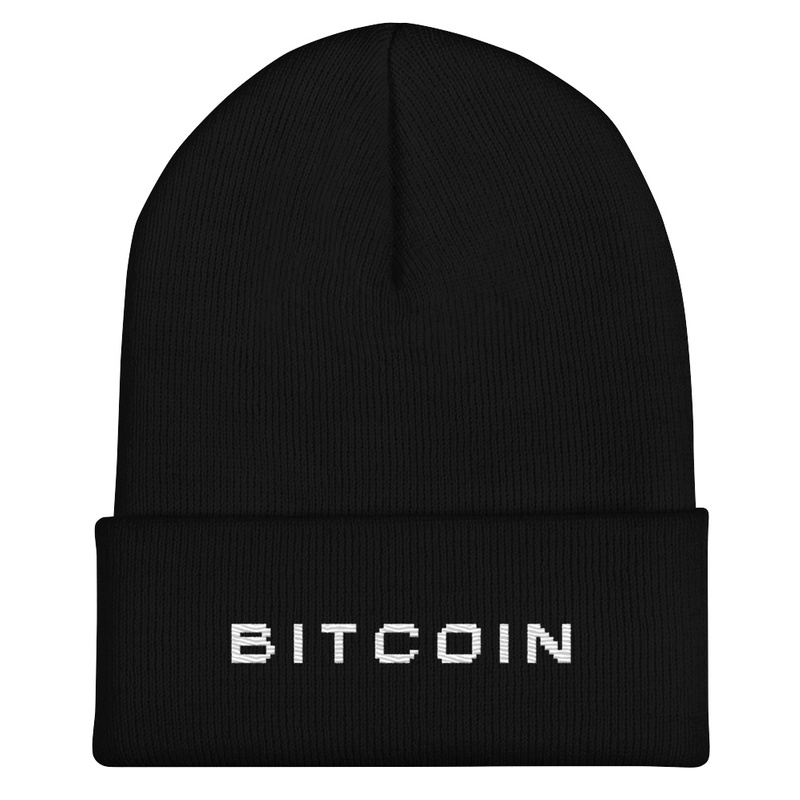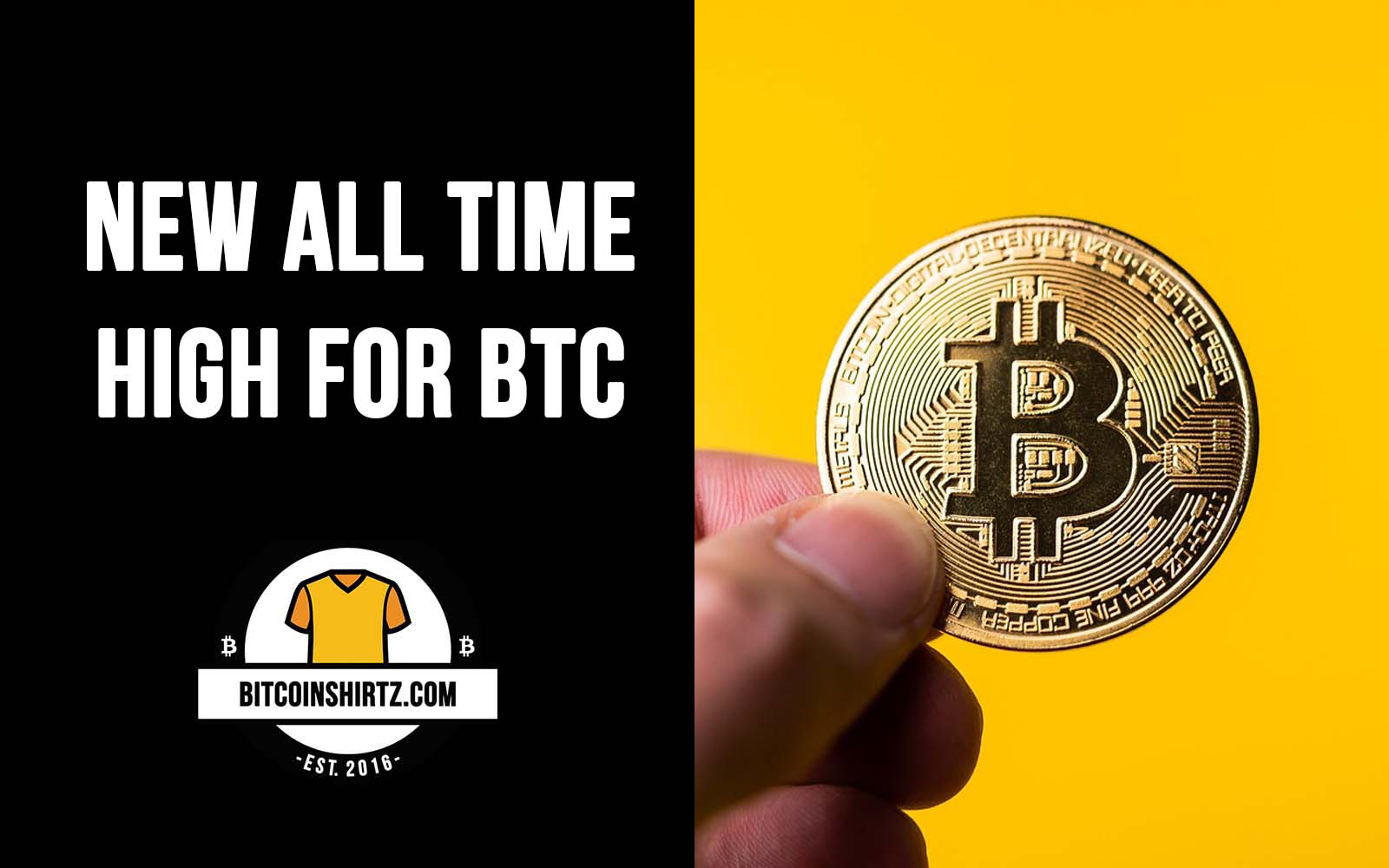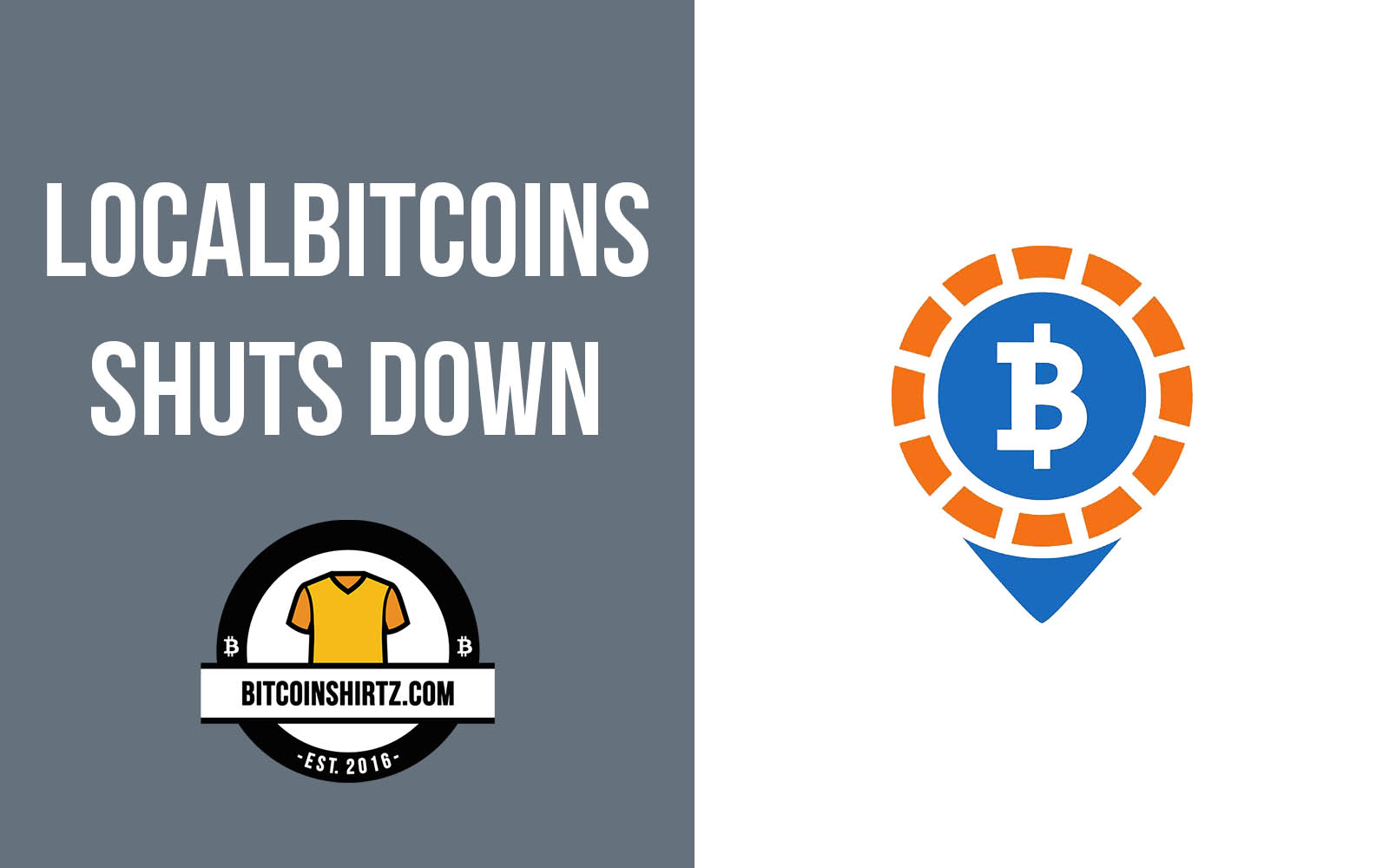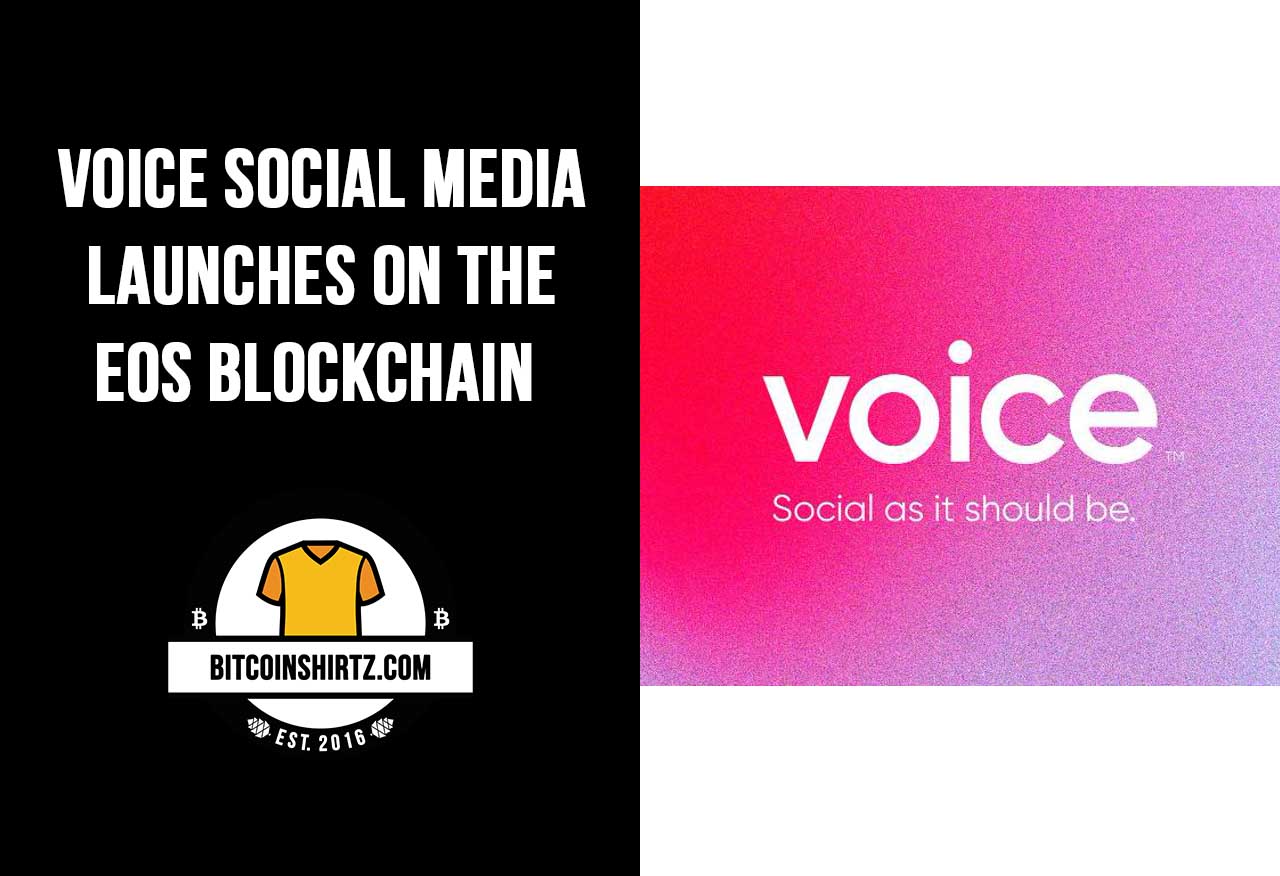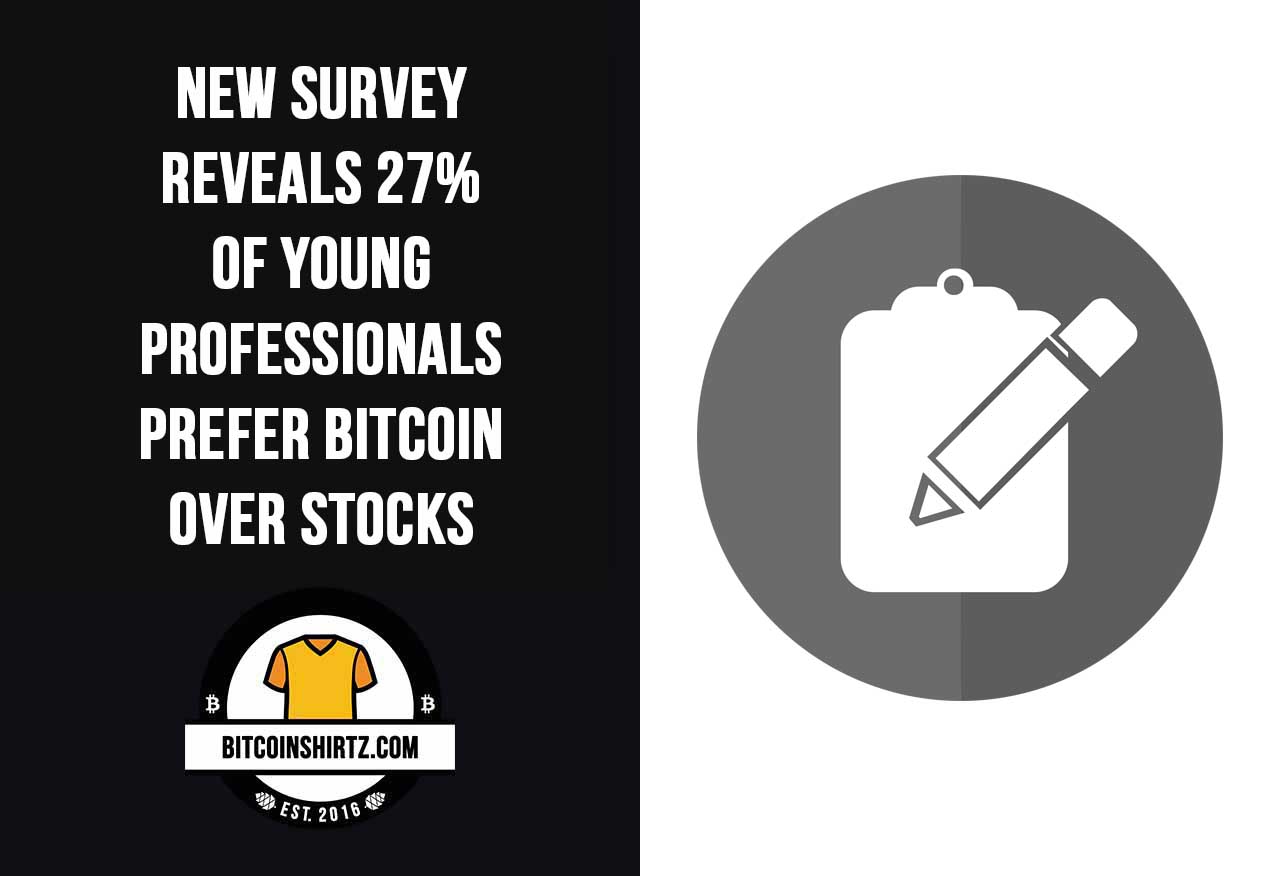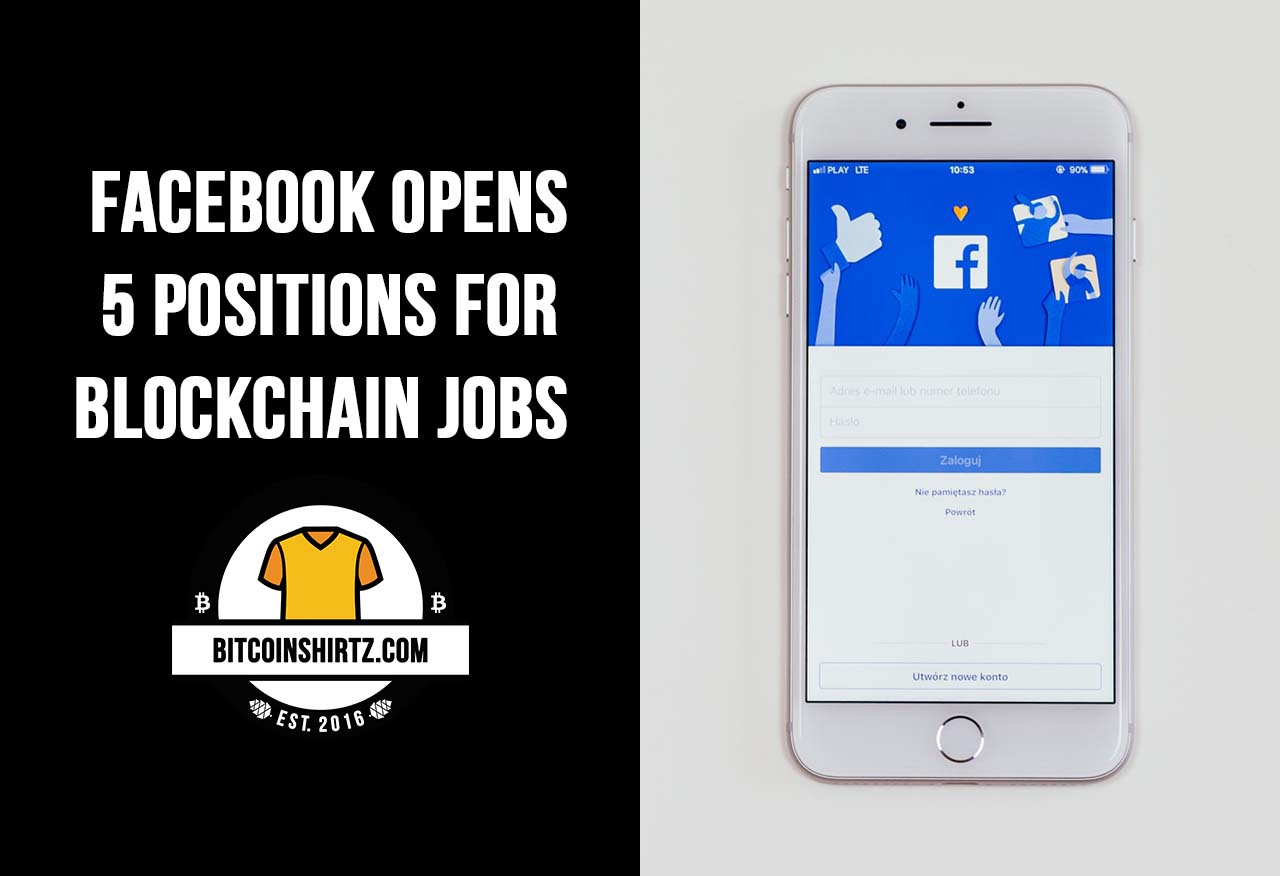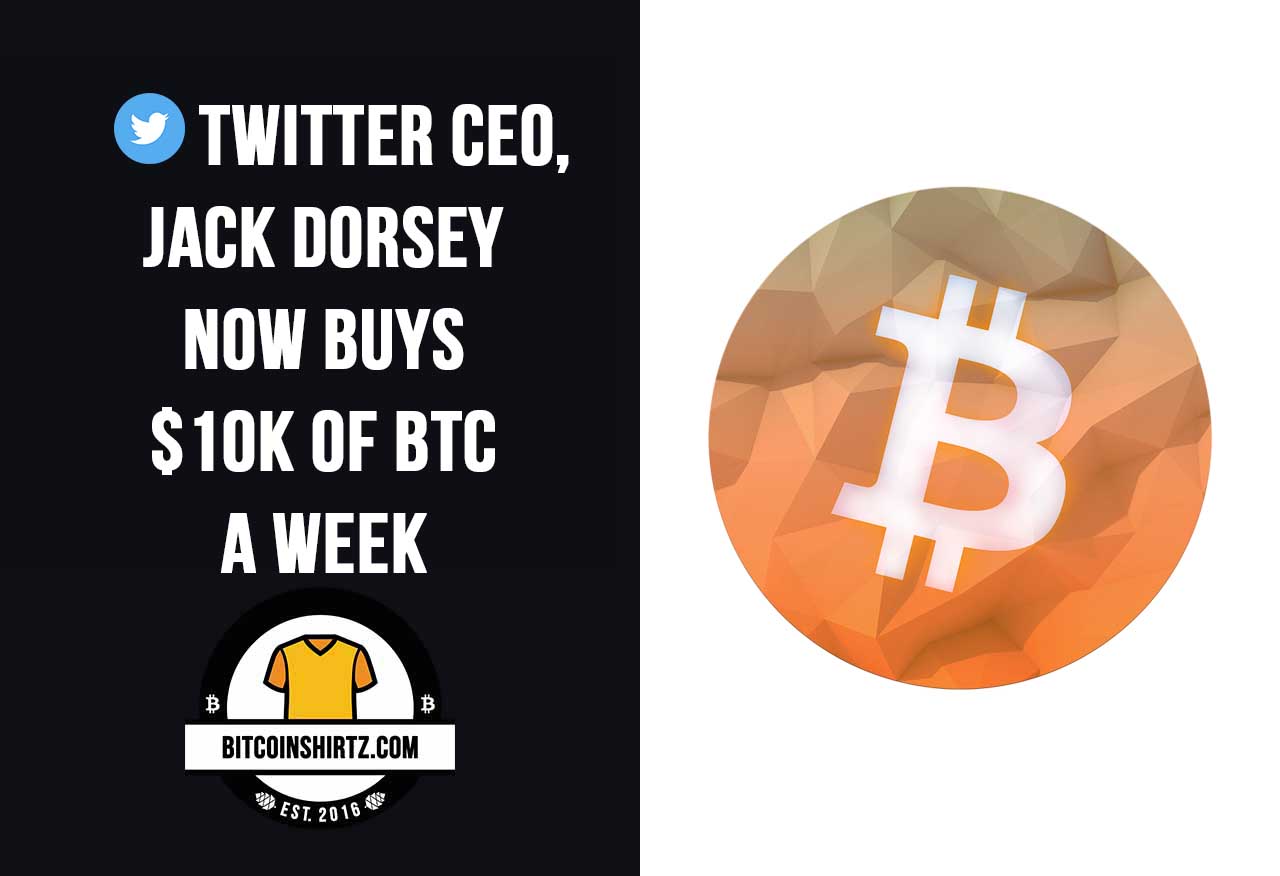
How Profitable Is Bitcoin Mining in 2017?
Bitcoin mining is how new bitcoins are made. The official term for mining is called proof of work consensus.
With fiat money like dollars, the government decides when to print the money and who gets it. With Bitcoin there is no central bank or authority. The system is decentralized.
The Bitcoin network rewards miners for approving transactions. A transaction can only be approved once a miner has dedicated enough computational power or effort to the block. Bitcoins are created when a new block is added to the blockchain (public ledger). In this manner the currency has real underlying value as it costs energy in the form of electricity and computer power (running math problems) to be created.
Bitcoin Mining: Go Big Or Go Home
Bitcoin mining was once a thing that could be done by anyone with a little extra computer power. Now economies of scale has taken effect. That is to say that the bigger the mining operation, the more profits gained. This has led to large centralized mining operations.
Miners now prefer locations where energy is cheap. There are huge mining operations in China and Iceland due to cheaper electricity costs. Another factor is heat. Due to the computer power needed to compensate for the exponential rise of computation difficulty, the mining rigs need to be cooled constantly. This leads to mining in locations that are already cold.
Video Resource:
Bitcoin Mining in 2017 : The Rise of Bitcoin Cloud Mining
So how does a regular Joe start mining in 2017? One of the options is to join a cloud mining operation.
A mining pool is an operation where many people get together and combine their mining rigs or hash power (mining power in layman’s terms). This allows them to compete with the large mining companies.
Cloud mining is slightly different in that customers purchase a share in the ongoing mining operation, rather than bring their own equipment.
Mining pools and cloud mining can be profitable. They can also be unprofitable. It depends on the mining difficulty, hashrate, and current price.
Some mining websites are scams, so watch out.
The best way to mine in 2017 is to mine smaller alt coins. There are plenty of other cryptocurrencies that can be mined and have the ability to rise in price significantly. Back in the day you could have mined ridiculous amounts of Bitcoin that would be worth millions today. You can still do that with another budding cryptocurrency.
Other Crypto coins you can mine besides Bitcoin:
- Dash
- Ether
- Monero
- Zcash
- Litecoin
A Reputable Cloud Mining Company:

Cloud mining is the route many individuals are taking in the mining industry.
Genesis mining now has over 500,000 people on board, making it one of the world’s biggest hashpower providers.
It’s super simple. The mining rigs are already set up and running. As soon as an account is set up, you can start to earn your first coins.
If you have done your research and want to jump in the cloud mining game, Genesis is the way to go.
With Genesis, you can choose your mining allocation at any time. Divert hashing power to Ethereum mining, Dash mining, Zcash mining, and more.
Get 3% Off a Genesis Mining Contract
Use our coupon to receive 3% off:
eMogl0
Testimonials:





